T4K3.news
Hull bioethanol plant at risk
US UK trade deal could shutter Vivergo if the government does not act with a rescue plan.
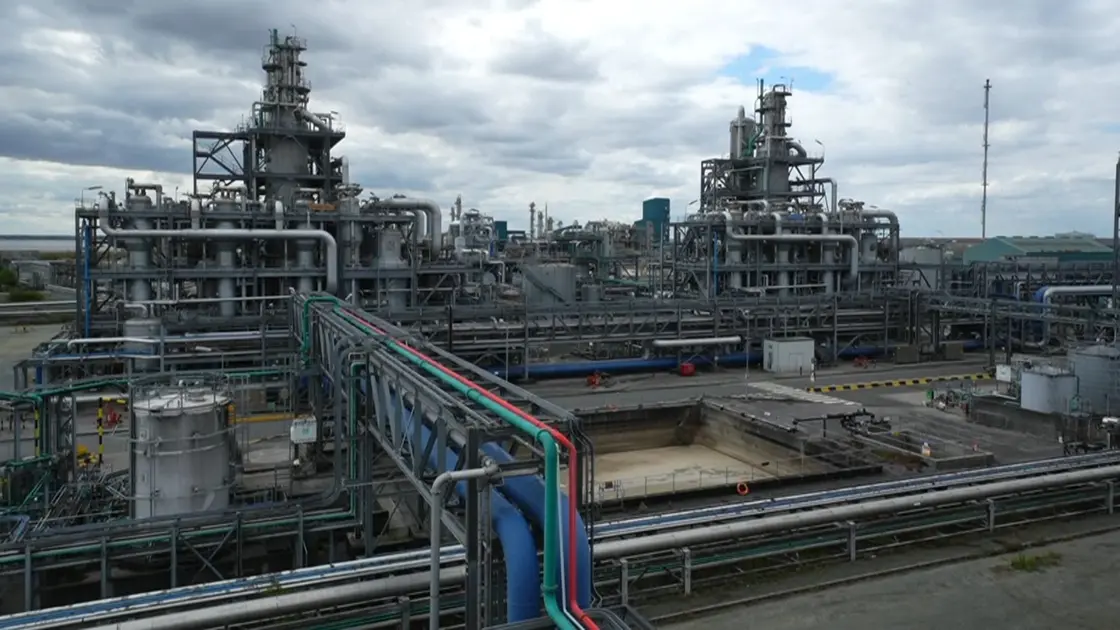
Hull’s Vivergo bioethanol plant faces closure as a tariff-free US ethanol import under a new trade accord challenges its competitiveness.
US UK trade deal threatens Hull bioethanol plant
The Vivergo plant in Hull smells of yeast but the machines are quiet. It processes wheat from Yorkshire and Lincolnshire into bioethanol that is blended into E10 petrol, and about 160 staff rely on it for decent work. More than 100 lorries pass through the site each day, delivering 3,000 tonnes of wheat. The operation has been bleeding money, with losses around £3m a month, as it faced competition from US rivals that benefit from subsidies.
Under the new US UK trade deal, 1.4 billion litres of American ethanol can enter the UK tariff free, down from a 19% tariff. Vivergo argues this policy shift effectively hands the UK market to US producers and is calling for regulatory changes to curb double subsidies and for temporary government support while a longer term plan is built. The closure would ripple through the region, hitting haulage firms and farmers, and depriving the UK of a potential carbon dioxide supply used in drinks and packaging.
Key Takeaways
"We've effectively given the whole of the UK market to the US producers."
Ben Hackett on tariff impact
"I moved here after a career in oil and gas for 10 years, partly because I want to be part of the transition to renewable fuels."
Claire Wood on the plant's potential
"In times of global uncertainty, losing that energy certainty and supply from the UK is a problem."
Ben Hackett on government response
The case at Hull shows how trade policy can directly affect local industry and jobs. A green transition is not just about technology, it is also about how governments design incentives and protect supply chains. If Vivergo closes, the region could lose not only 160 skilled jobs but a broader ecosystem that includes farmers, transport firms and downstream users of carbon dioxide.
Policy options now include recalibrating subsidies tied to bioethanol, expanding domestic demand for biofuels, and safeguarding CO2 supplies. Short term support could blunt the blow, while a clear plan would help rebuild confidence in the UK’s industrial strategy and its green credentials.
Highlights
- We have effectively given the whole UK market to the US producers.
- In times of global uncertainty losing that energy certainty and supply from the UK is a problem.
- We decarbonise transport today and tomorrow decarbonise marine and aviation.
- The jobs market isn't as good as what people would like.
Economic and political risk around Hull bioethanol plant
The closure would hit 160 workers and disrupt regional farming, transport, and CO2 supply chains. The tariff-free ethanol import under the new deal raises questions about subsidies and domestic policy, risking public reaction and investor confidence.
Policy choices in the coming days will shape Hull’s future and the pace of Britain’s green transition.
Enjoyed this? Let your friends know!
Related News
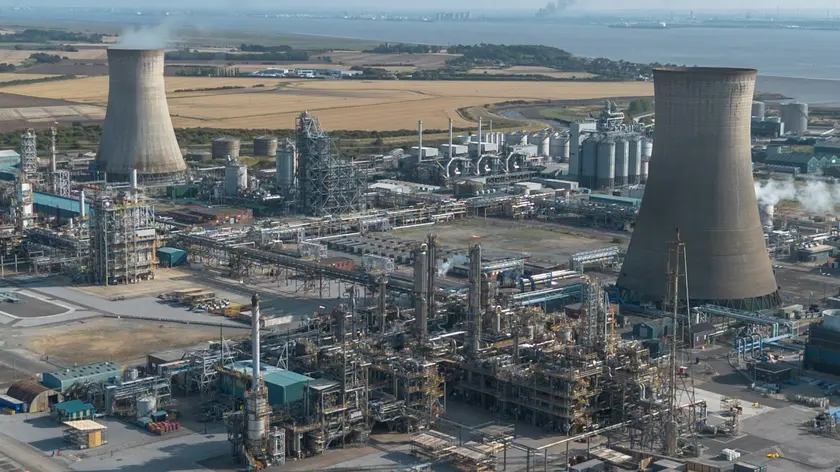
Bioethanol plant closure in Hull
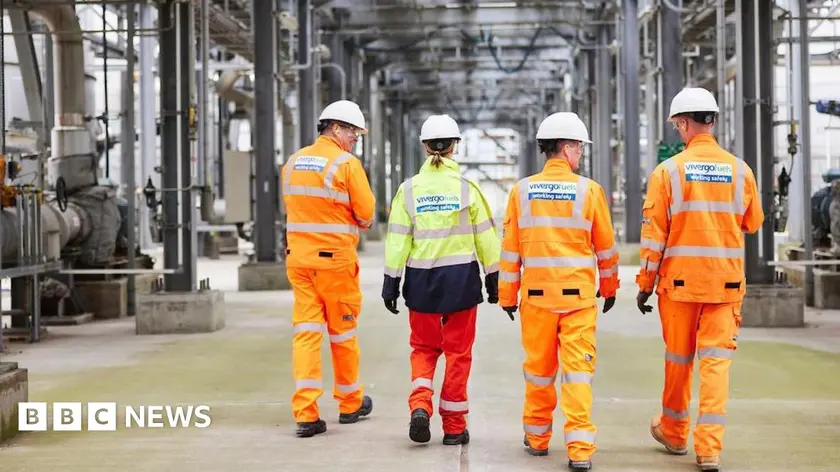
UK bioethanol plants face collapse
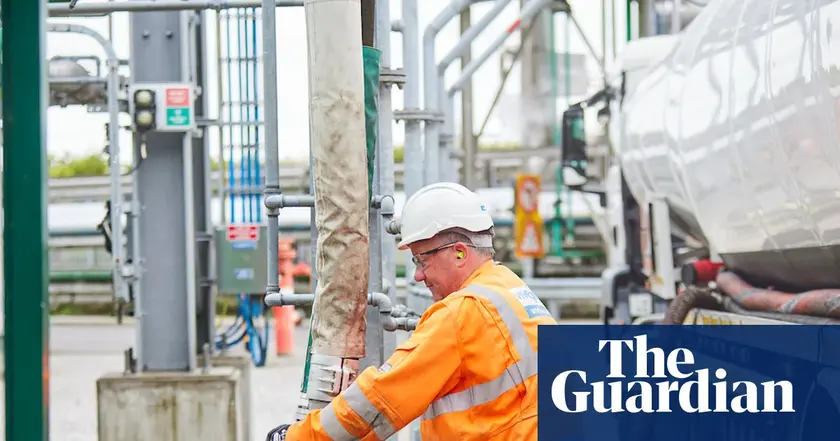
Vivergo closure signals shift in UK clean fuel policy
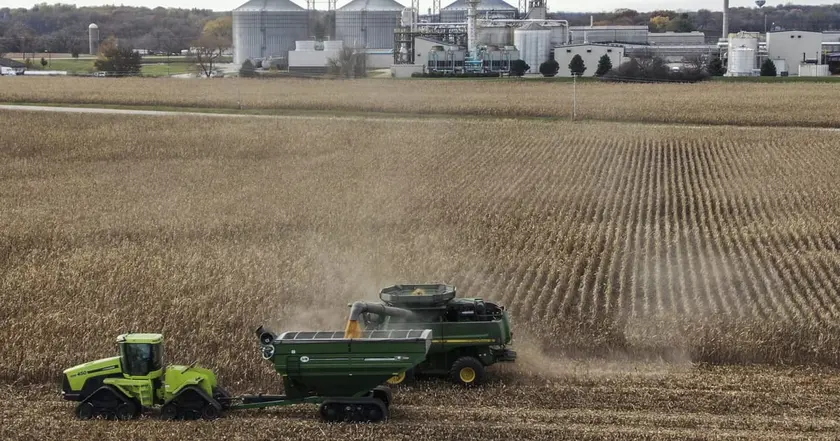
Vivergo Fuels at risk of closure due to trade deal
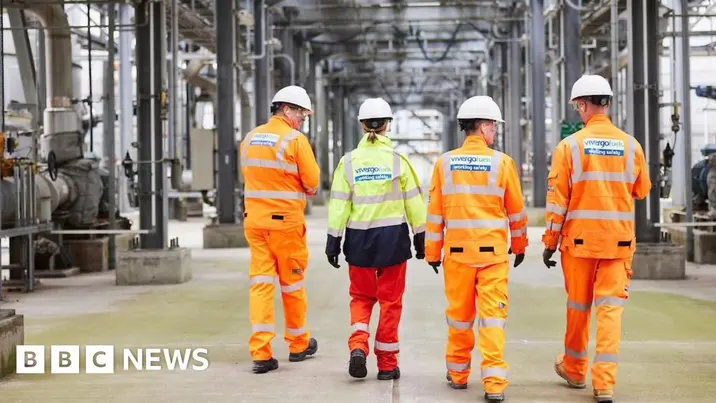
Bioethanol plants face closure
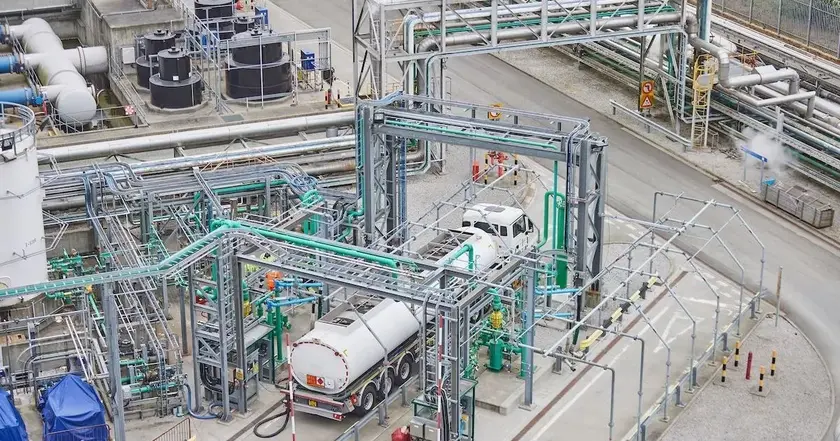
No rescue for Vivergo Fuels
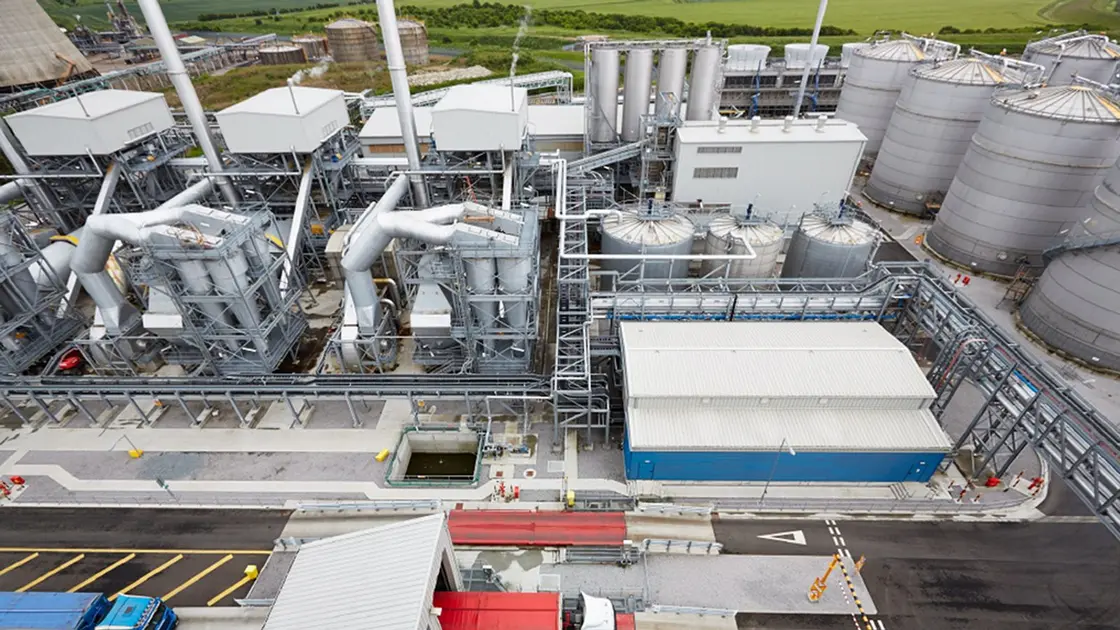
Bioethanol plant to close in Lincolnshire
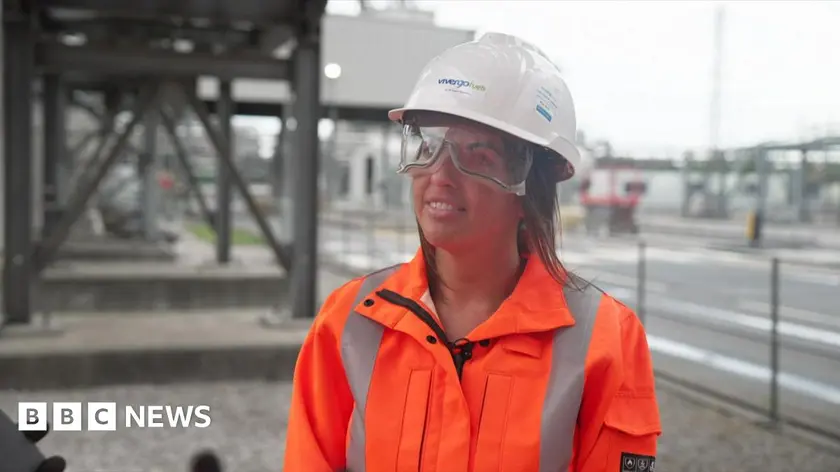
Vivergo Fuels plant goes into crisis mode after final wheat delivery
